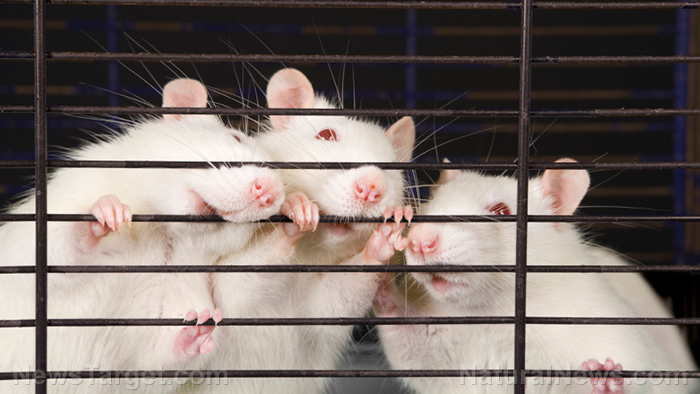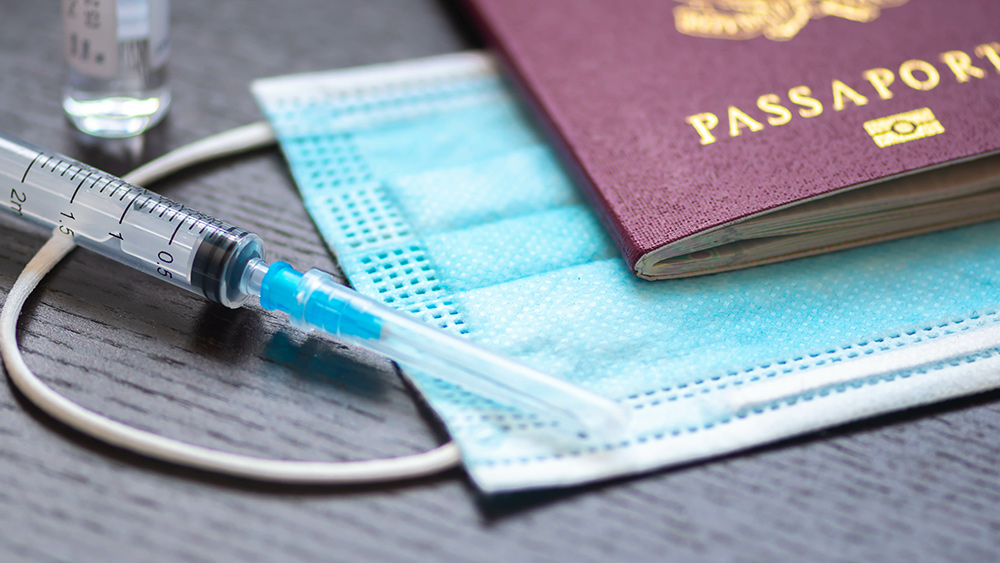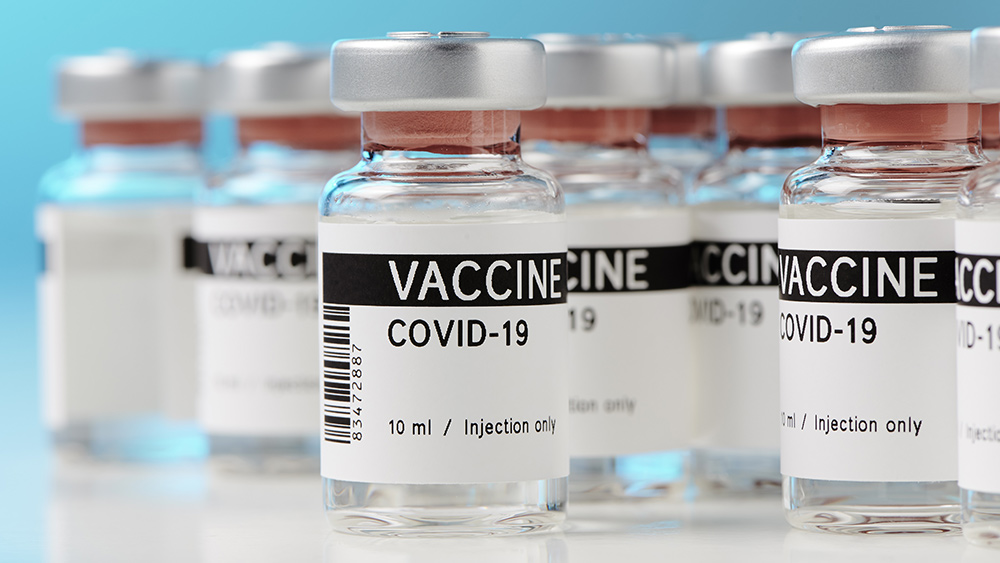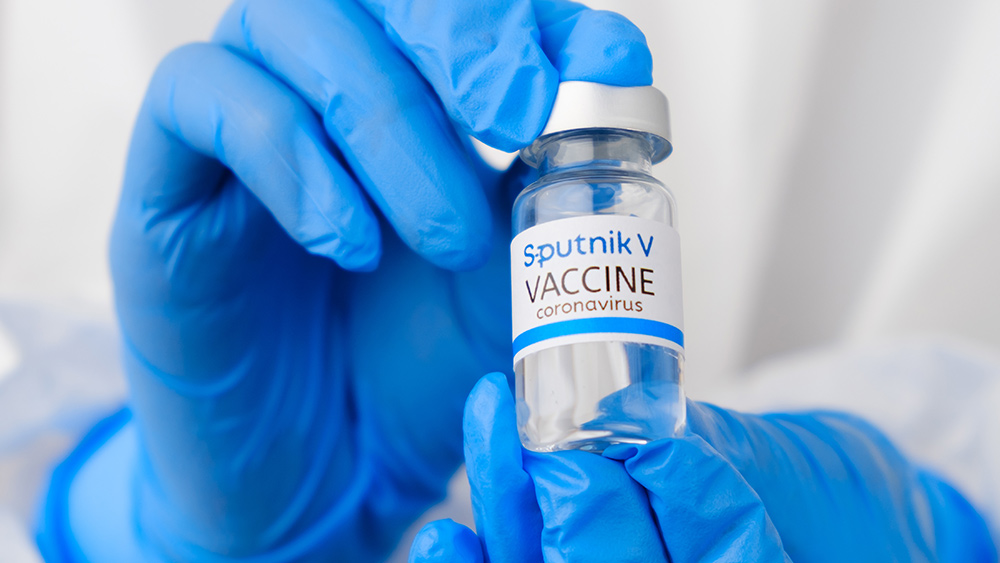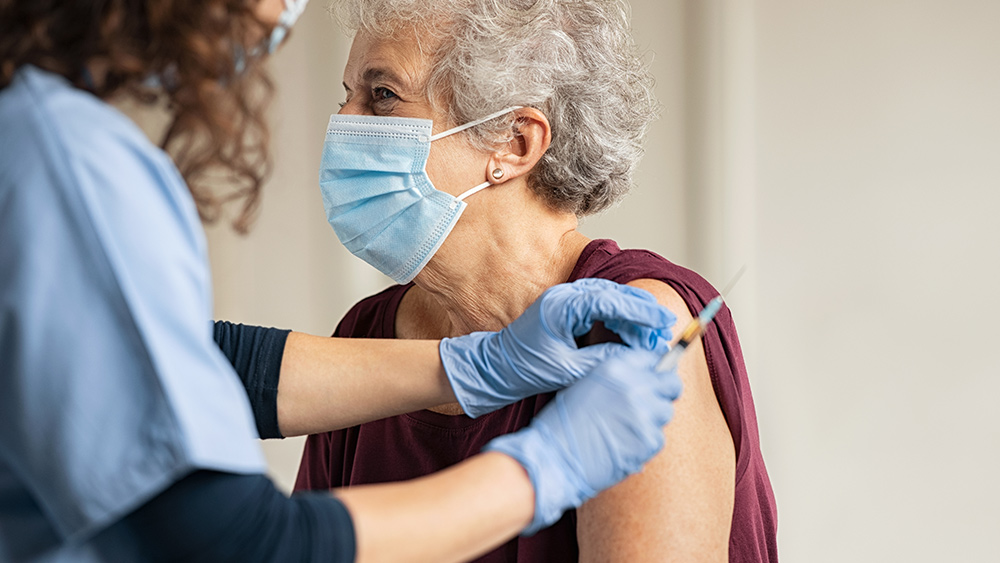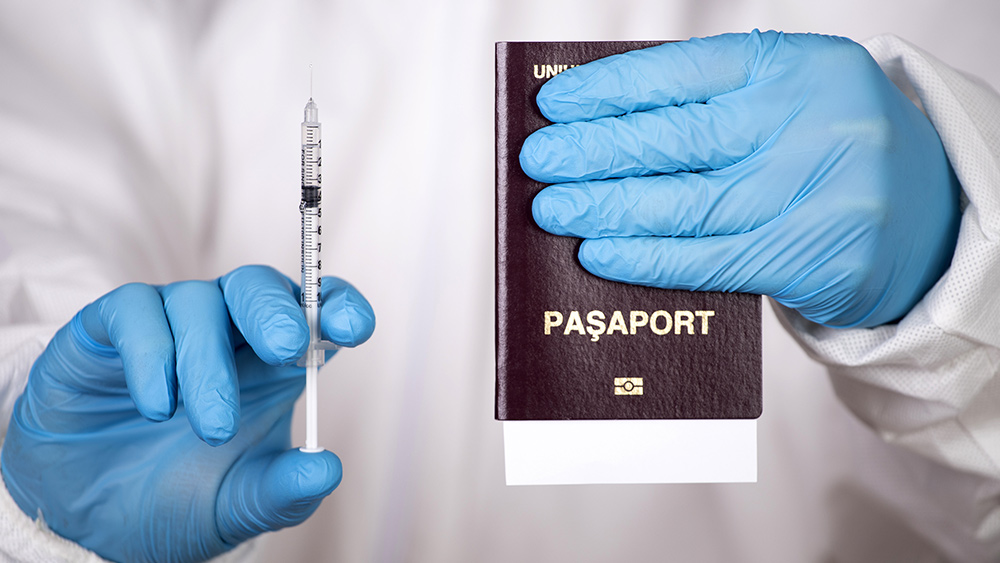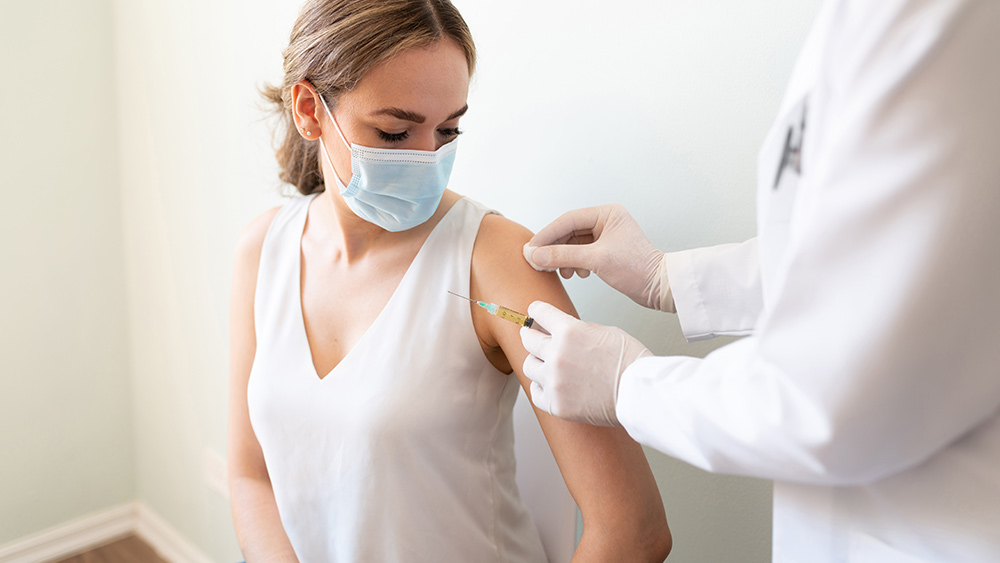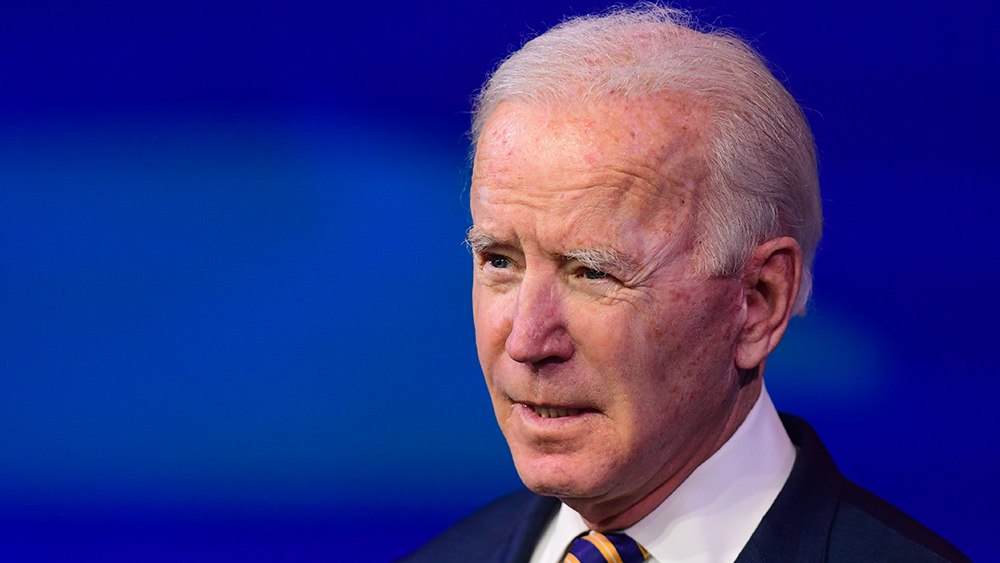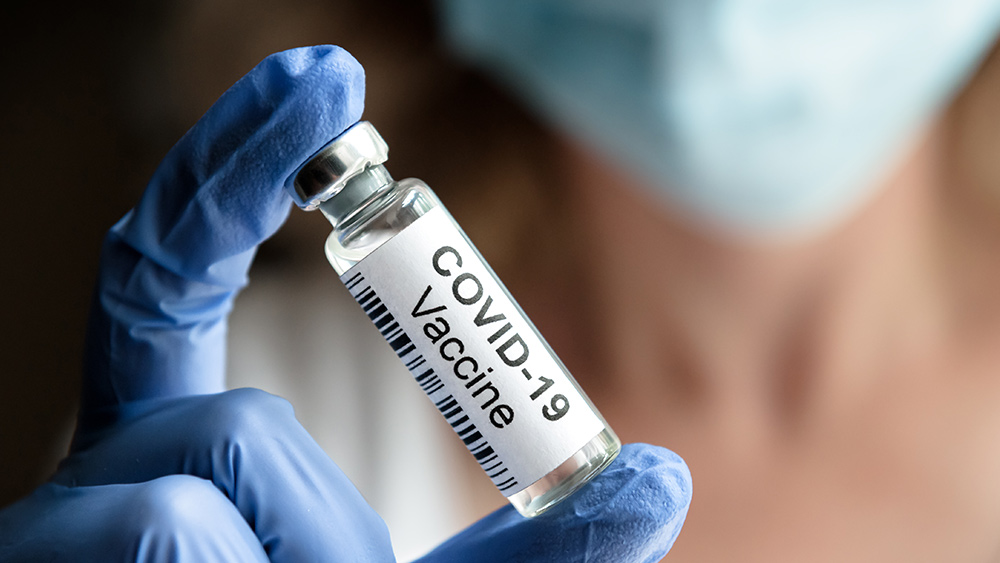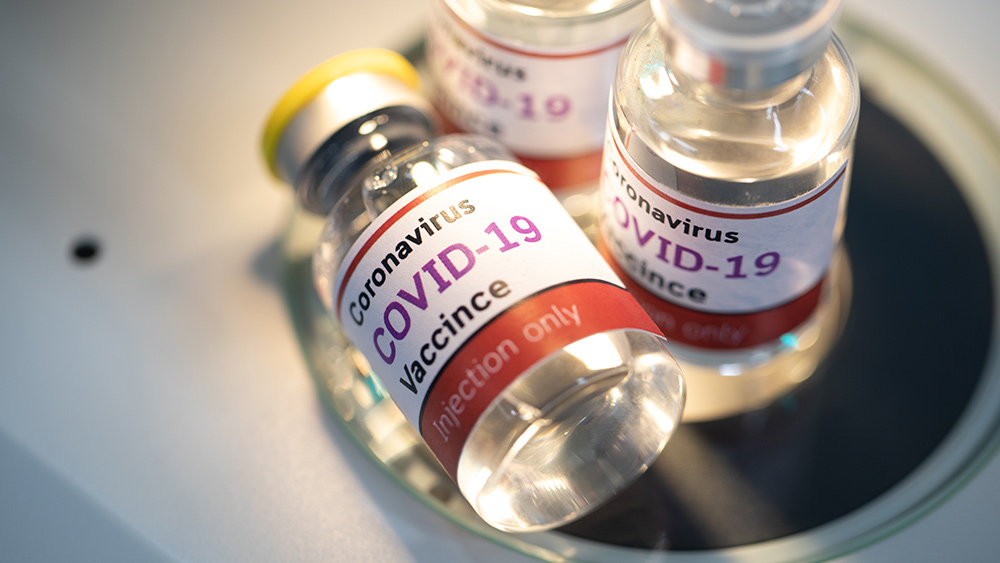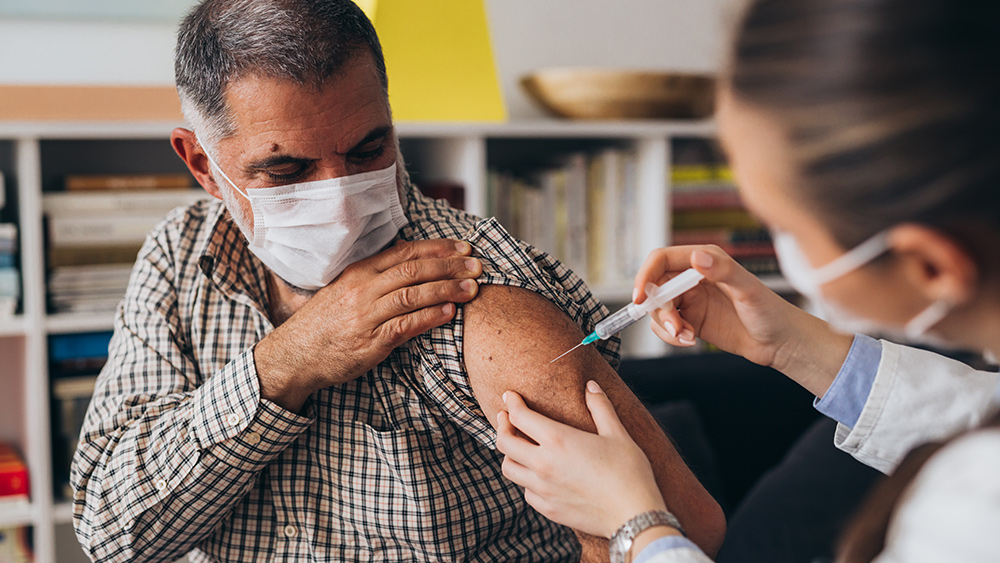South African B1351 coronavirus variant affects vaccinated patients more easily than the unvaccinated, warn Israeli researchers
04/23/2021 / By Ramon Tomey

The South African B1351 variant of the Wuhan coronavirus appears to affected vaccinated people more easily than the unvaccinated. A study done in Israel reported the concerning discovery, adding that vaccinated people are more affected than unvaccinated ones. It elaborated that the B1351 strain impacts immunized people up to eight times more than those who have yet to receive COVID-19 vaccinations.
For the study, researchers from Tel Aviv University and state-owned healthcare provider Clalit Health Services looked at swab samples taken from a number of Israelis. The swabs were from Israelis who tested positive for COVID-19 despite getting immunized against the Wuhan coronavirus. They found that the B1351 variant was eight times more prevalent in those vaccinated and contracted the pathogen, compared to those who had not.
The findings suggested that the South African strain was more successful in breaching the immune system of vaccinated people compared to earlier strains. Professor and lead researcher Adi Stern said: “Based on patterns in the general population, we would have expected just one case of the South African variant – but we saw eight.”
She also pointed out the B1351 strain’s ability “to break through the vaccine’s protection” compared to the original strain and the British B117 variant. “We found a disproportionately higher rate of the South African variant among people vaccinated with a second dose,” Stern continued. However, the professor commented the sample size examined in the study is too small to establish the B1351 strain’s prevalence in vaccinated individuals. “More research is needed to establish exactly how much,” she said.
Stern nevertheless expressed slight optimism toward the study’s findings. “Even if the South African variant does break through the vaccine’s protection it has not spread widely through the population,” she commented. Infections caused by the B1351 variant are generally rare, making up only about one percent of all cases in Israel.
Manufacturers now scrambling to manufacture booster shots for their vaccines
Clalit Director of Research and professor Ran Balicer remarked that the study was “very important” because it is “based on real-world data” and called for continued vigilance against the Wuhan coronavirus through public health measures. “The preliminary findings necessitates closed continued attention to the dissemination of this strain in Israel, emphasizing the need for epidemiological monitoring and systematic sequencing, in order to contain further spread of the South African variant,” he said. (Related: South African coronavirus variant can make vaccines 30 percent less effective, warns SAGE.)
It is worth noting that the study focused on the two-dose Pfizer/BioNTech vaccine. More than half of Israel’s 9.3 million population have received the company’s BNT162b2 mRNA jab, manufactured in partnership with German company BioNTech. The Jewish country also purchased doses of another mRNA vaccine for COVID-19 made by Massachusetts-based drug firm Moderna, although this was rarely used.
Just like the state of Israel, Moderna also expressed concern toward the South African strain. Back in January 2021, the company remarked its COVID-19 vaccine may be less effective against the B1351 variant. Laboratory tests showed that the vaccine’s neutralizing antibodies, which block virus receptors, were six times lower when tested against B1351. While the two-shot jab still provided the same degree of immunity against most Wuhan coronavirus variants, the findings raised concerns that vaccine-induced protection will fade sooner than expected.
Given this outcome, it announced that a booster shot to improve protection against the South African strain is being developed. The booster shot set to specifically target the B1351 strain is currently undergoing pre-clinical trials as of writing. (Related: Moderna to develop booster shot after South African strain decreased its coronavirus vaccine’s antibody levels.)
Nevertheless, the company reiterated that its original two-dose vaccine still protects against the original strain of the Wuhan coronavirus. This protection also extended to so-called “variants of concern” such as the B117 and B1351 strains. However, it did not say if the vaccine also exhibited the same level of protection against the P1 variant first found in Brazil.
True enough, Pfizer also announced the development of a booster shot for its two-dose COVID-19 vaccine. The BNT162b2 jab registered a 95 percent effectivity rate, but the drug manufacturer is keen to see the effects of a third dose. Pfizer CEO Albert Bourla said during a February 2021 interview that they are hoping the third shot increases immunity and offers better protection against variants of concern.
“We believe that the third dose will raise the antibody response 10- to 20-fold,” he told NBC News anchor Lester Holt that time.
Visit Pandemic.news to read more news about the effectiveness of COVID-19 vaccines against the B1351 coronavirus variant.
Sources include:
Tagged Under: B1351 strain, Big Pharma, BioNTech, coronavirus vaccine, coronavirus variants, covid-19 pandemic, infections, pandemic, Pfizer, research, superbugs, Tel Aviv University, Wuhan coronavirus
RECENT NEWS & ARTICLES
COPYRIGHT © 2017 IMMUNIZATION NEWS


